The trouble with all the yellow-peril reporting that’s far more prevalent than it should be in Aotearoa is when something happens to you that may get people thinking about a stereotype.
Back in March, of course, we had one writer justifying racism toward (east) Asian tourist drivers in the Fairfax Press, when the facts show that Aussies are the worst of the tourists when it comes to causing accidents on our roads. That’s no surprise, since there are simply more Aussie tourists driving on our roads; yet, as I pointed out in March, no one really seemed to mind how many accidents tourists were causing when the bulk of them were Aussies, Brits and continental Europeans.
Then we had another one a few weeks later from the same newspaper group that suggested the increase in corrupt practices among New Zealand companies was due to immigration from countries such as China, tying in the story to a Deloitte report to give it legitimacy—except the report makes no such claim.
With the exception of journalists like Dave Moore of The Press (part of the same newspaper group) who prefers to cite motoring facts and back them up rather than rely on hearsay from their grandfathers, it seems pretty easy for some in the media to draw a stereotype of the corrupt, incompetent Chinese driver. Those who think that we have completely moved past drawing pigtails (I said pigtails, not ponytails) on Chinese caricatures are wrong; while there aren’t such negative portrayals in our media, it seems incredibly easy, almost a default position, for some less responsible types to fall back on unrealistic conclusions. After all, The Dominion Post said my accent is hard to understand on its p. 1 some years back, and as many of you pointed out to them via the social networks, no one in the real world knows that they are talking about. (Note: I received a Twitter apology from the editor-in-chief.)
The trouble comes when the fantasyland concocted by some starts impacting on everyday life, which is, of course, some of the discussions that US residents are having right now over how black Americans are portrayed. The peaceful protesters don’t get covered, because they are less newsworthy; the violent looters do, and it becomes dreadfully easy for the less cosmopolitan to equate being black with being violent.
After a car accident on Friday, where everyone was exemplary, I couldn’t help but have these thoughts go through my mind. I found myself telling friends, ‘I had an accident, but the other driver was at fault,’ even though my friends know of my love of cars, and my above-average abilities with them. I double-checked with the police officer that he clearly understood me, when I should never have doubted his objectivity. My radar was alert for anyone who might fall back on the stereotype, even though I live in a city, with an urban population that generally has more contact with minority cultures and know that the fantasyland concocted by certain people is designed only to appeal to the ever-shrinking market of xenophobes in society.
The ages of most of the people involved were under 30, so I really had nothing to fear: the other driver, the police officer, the witnesses, and the schoolboy who, as a responsible young New Zealander, called the emergency services for us. One witness offered her lounge for us to rest and get over the shock. The officer was scrupulously professional, not letting on any emotion (the Dieter Bonrath poker face school of policing, for the Cobra 11 fans out there) as he gathered his facts; he became friendlier after it was established we were both decent folks willing to help, and there was no booze involved. The ambulance staff were ultra-friendly and we had to assure them that we were all right and they should head off to the next gig where there may be a greater need for them. The other driver was honest, considerate and took responsibility, although she was in shock (as was I for some time, though I probably hid it better), yet her first utterance was to ask if I was all right. That says volumes about her character. Not only was this an urban population, this was a young urban population for whom skin colour is far down the list of priorities. Ditto with me: I can’t tell you what races people were. I just remembered everyone sounded like me. You know, like Sir Anand Satyanand.
But it is a worry when your thoughts go toward defending yourself from the stereotype, because years of living in a place where you are the minority have taught you to be alert. Granted, no one shoots at us, since our cops are unarmed for the most part, but I began to get an appreciation for the hands-up gesture among black Americans in their country. It’s a symbol of so much, including ensuring that no one ever mistakes you for being armed, because of the negative associations that are portrayed. You nevertheless worry if anyone around you bought into fantasyland, because you know the less intelligent do: you’ve seen it. (I hasten to add that this is not a criticism of any particular people, because I am well aware that if you go to a place where my race is the majority, there will be a certain segment of the population there that holds negative and false stereotypes of others.)
Race relations in this country have improved markedly since my arrival in 1976, so this is heartening. I don’t see things like refusal of service to people of my colour (yes, it has happened in the last four decades), and the stories of my great-uncle and others, of having stones and rocks thrown at you by fellow Kiwis because of their colour, seem foreign and distant. Last Friday was a reminder that most New Zealanders look at others fairly, regardless of their origins. That was a silver lining. Lucy Knight’s instincts kicked in to defend a Chinese New Zealander whose handbag was being stolen by a young man, and Mrs Knight got a serious head injury for her intervention, requiring months of surgery and rehabilitation. I doubt she evaluated the race of thief or victim before stepping in, and, rightly, The New Zealand Herald didn’t care, either. Go to your social media feeds, and by and large, racism is frowned upon. Last Friday was a fantastic reminder of the good of the place I have proudly called home most of my life. A place where xenophobia is virtually dead.
We’ve come a long way, and we just need to weed out the last little bits of this strange fantasy where it’s apparently desirous that Aotearoa looks something like Midsomer but without the deaths. The reality is that the Midsomers of this world (by that I mean any society that adopts a Luddite position in part through having its head in the sand) are terrible at trading and stagnate. We’re in a global society, we’ve a lot to gain from working with others in different nations, and we’re really not that different across the planet. As someone once pointed out to me, the Palestinian Dream looks an awful lot like the American Dream.
And, if you’re truly proud of your country, you’d naturally want to share, secure enough in your belief about the place to know that the fundamental things about it will never change. New Zealand will always be New Zealand, with an independent, determined outlook, and those who come get it. The more we share, the more we all get it. That’s a good thing.

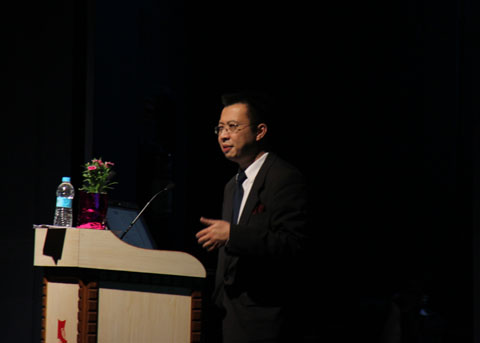
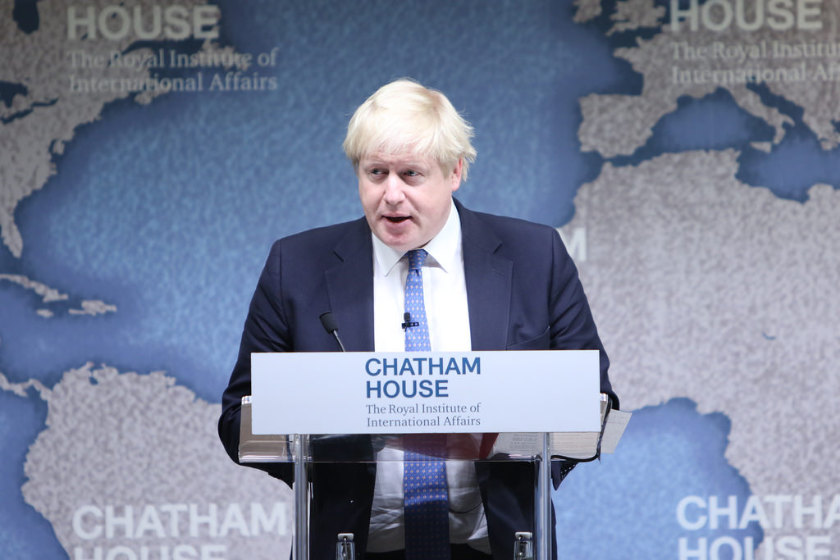
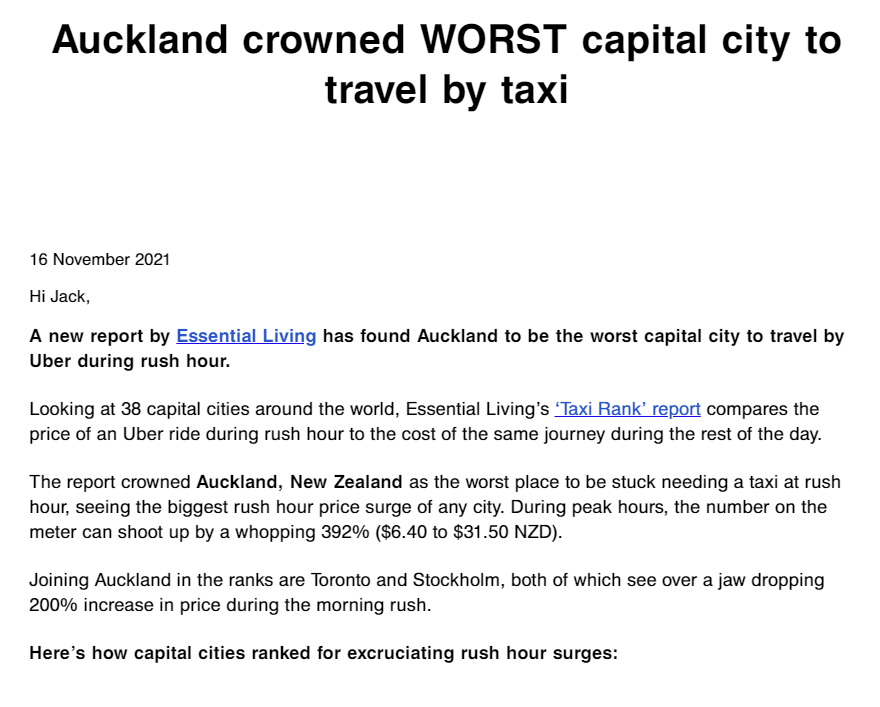
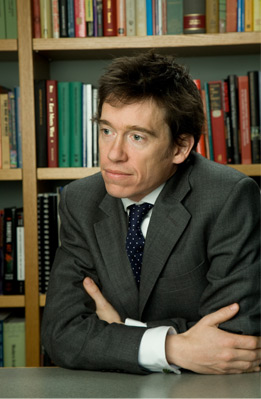
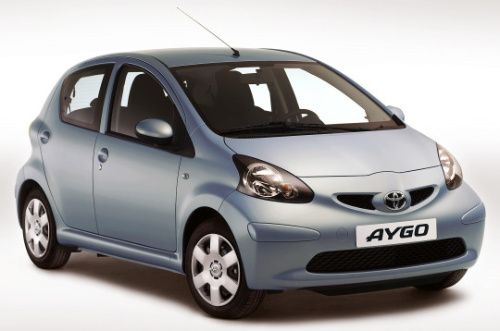
One thought on “How a car accident makes you grateful”